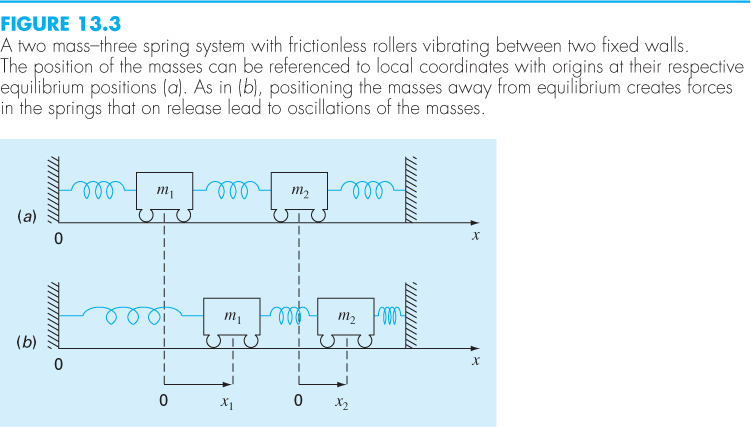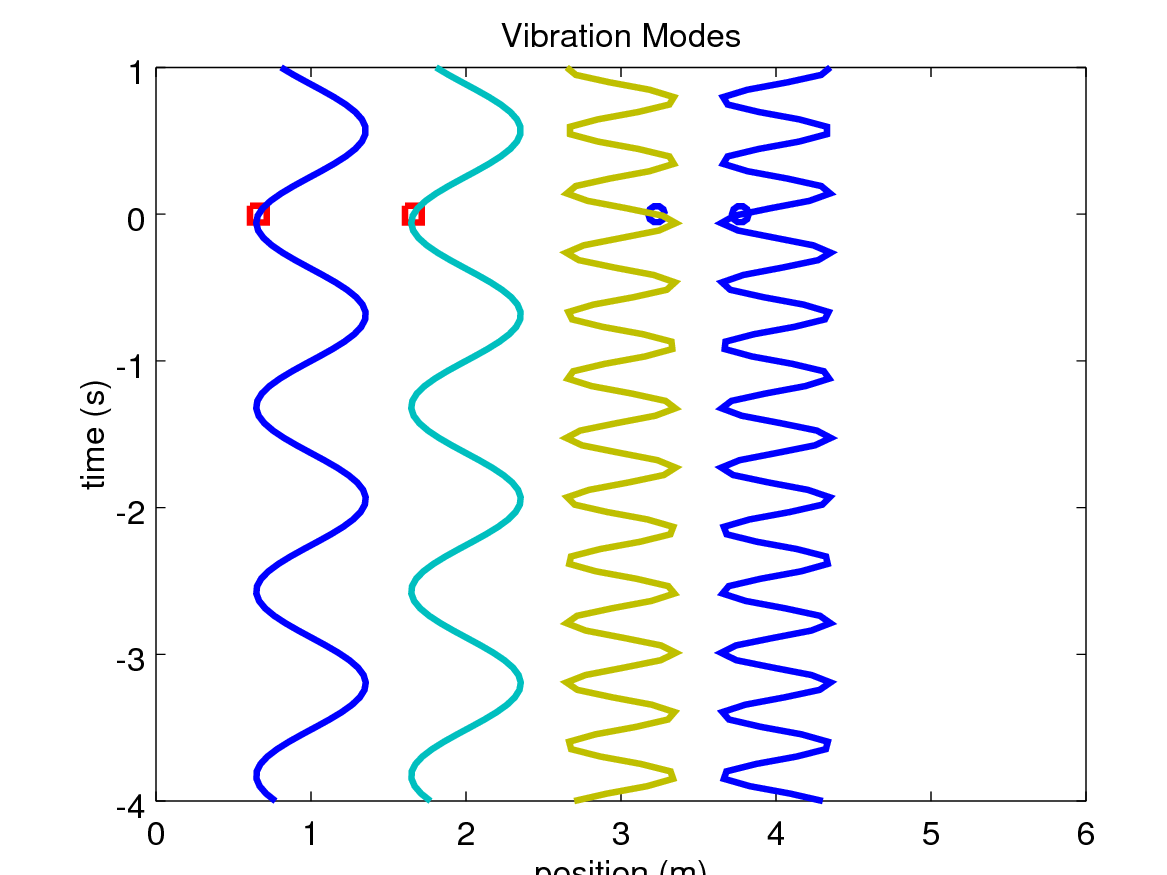Teaching Focus
Mechanical engineers need modern methods for modern engineering problem solving. My teaching aims to provide engineering experience in problem solving both analytical and numerical. Each problem is framed with fundamental physical laws such as Newton’s laws and conservation of energy. I aim to strengthen students’ problem-solving skills by teaching numerical methods with project-based and active learning. Numerical methods have had an increase in attention due to machine learning and smart technologies. Applications range from smart thermostats (Nest) to self-driving cars (Tesla). This next generation of engineers need to solve problems with a wide array of computational and analytical tools for engineering applications.
Current/Past Courses
-
ME3255- Computational Mechanics


https://github.uconn.edu/rcc02007/ME3255S2017
Course Description
This course introduces students to scientific programming utilizing Matlab/Octave.
Numerical methods, best programming practices and version control are introduced. These
methods will be applied to a number of physics-based problems.
Course Expectations
Students are expected to create numerical approximations for linear and nonlinear
problems, understand approximations due to floating point operations and numerical
approaches and solve differential equations using numerical differentiation and
integration. Students are also expected to learn basics of git version control,
matlab/octave functions and programming best practices.
-
ME5180 – Dynamics (Graduate)

Pendulum in a rotating frame.
https://github.uconn.edu/rcc02007/me5180_numerical
Course Description
This is the study of moving objects and the how they interact using Lagrangian equations
of motion.
Course Expectations
Students are expected to understand modern physics techniques applied to single particles
and rigid body motion. Topics will include variational calculus, Lagrangian formulation,
work-energy relationships, moments and products of intertia, and solutions to ordinary
differential equations. The Lagrangian formulation will introduce variational calculus,
generalized coordinates, coordinate transformation, and generalized forces.
-
CE2120 – Dynamics
Course Description
This is the study of moving objects and the how they interact.
Course Expectations
Students are expected to quantitatively describe the motion of objects using calculus and
Newton’s laws of motion. Students should be able to identify degrees of freedom and solve
for unknown quantities.
-
ME3220 – Vibrations
Course Description
Vibrations is the study of repetitive motion in dynamic systems.
Course Expectations
Students are expected to understand, analyze, and predict the behavior of vibrating
systems. Students will be able to construct equations of motion from free body diagrams,
solve for the motion of single- and multiple-degree of freedom systems with and without
damping, and analyze input response in Laplace and Fourier analyses. Solutions will
include both analytical and numerical approaches to second-order dynamic systems.
-
MEM4220 – Advanced Products and Processes
-
ME4973 – Senior Design